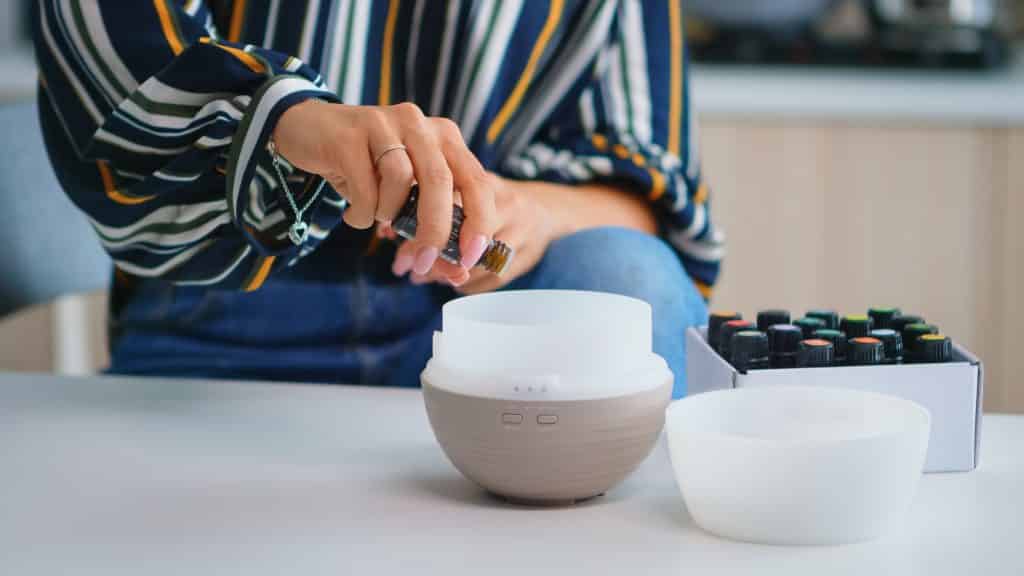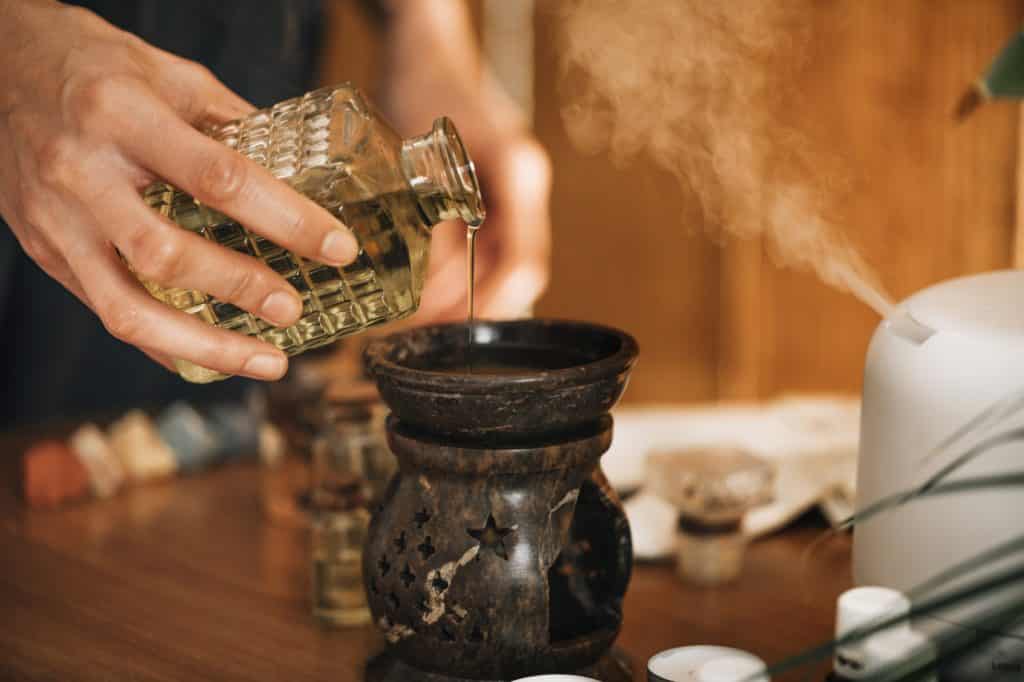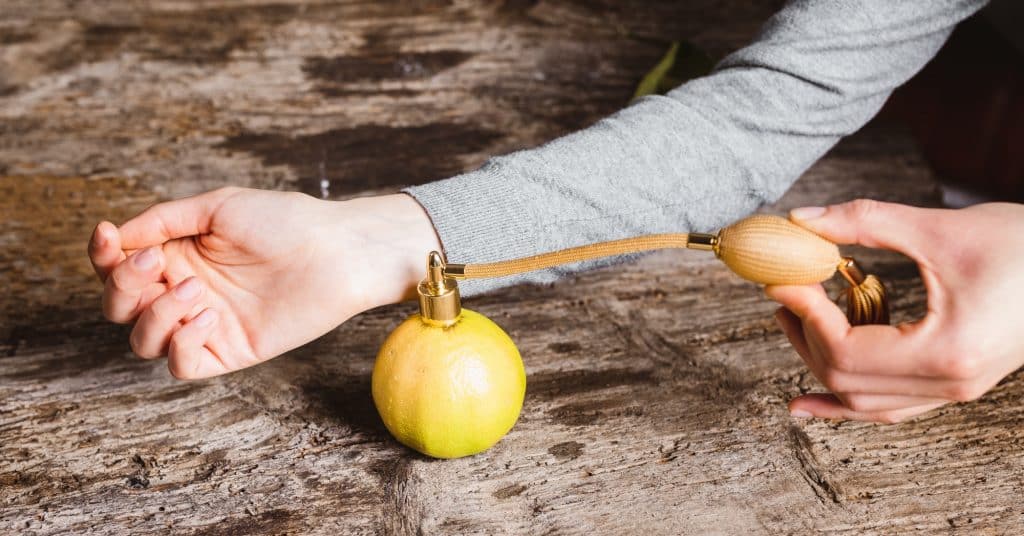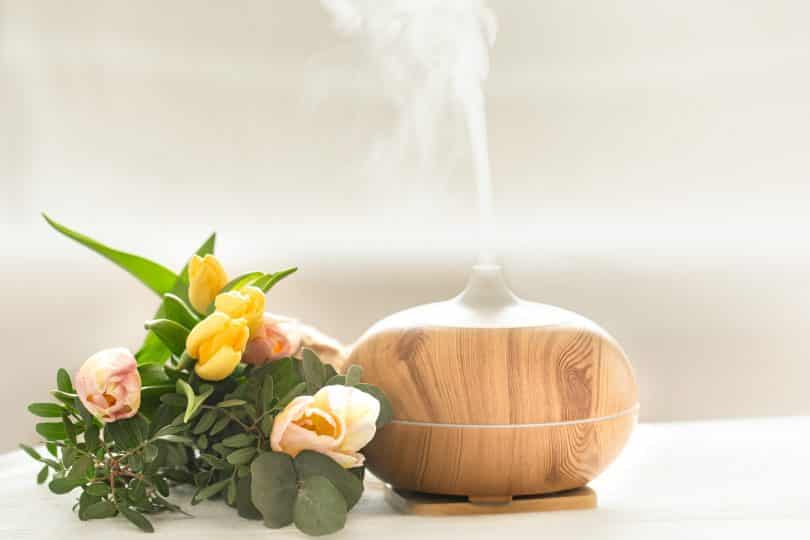Over the past few decades, the popularity of complementary and alternative medicine (CAM) has drastically increased, and essential oils are a part of that.
But what are essential oils exactly? For those new to this trend, these potent oils are extracted from plants to capture their scents, tastes, and other beneficial properties.
Whether you are looking for essential oils for hair growth or skin improvement, they offer a few health benefits. Not only that, but they are also widely used for aromatherapy. If you were hoping to get started with essential oils today, Etsy has some of the best options in its essential oils marketplace.
How Do Essential Oils Work?
Essential oils are not intended for internal use unless you’re working with a licensed professional.
Essential oils are most commonly used by inhaling them, or applying them topically.
Any plant chemicals are absorbed when applied to your skin. It’s thought that specific application methods can improve absorption, such as heat application or different areas of the body. Nevertheless, research in this field is a bit lacking.
Oils can also be inhaled from the bottles, or with a diffuser. Inhalation affects the limbic system, which can affect the limbic system and by extension, things like emotions, memory, and stress, among other things.

Health Benefits of Essential Oils
Following are some of the evidence-based health benefits that essential oils offer:
Essential Oils for Anxiety and Stress
Using essential oils for anxiety and stress has proven to be effective. 43% of individuals with stress and anxiety are reported to use alternative treatment to help alleviate their symptoms.
Initial studies have been very optimistic for aromatherapy. Many have shown that alongside conventional therapy to treat anxiety and stress, the scent of specific essential oils can function.
However, it is difficult to perform blind experiments and rule out prejudices due to the compounds’ scents. Therefore, some studies have not been definitive on the stress-and anxiety-relieving impact of essential oils.
Essential Oils for Sleep and Insomnia
If you are looking for essential oils for sleep, it has been shown that smelling lavender oil enhances the quality of sleep for women after childbirth and heart disease patients.
Fifteen experiments on essential oils and sleep were reviewed by one study. The majority of studies have shown that oils, particularly lavender oil, have beneficial effects on sleep.
Essential Oils for Headaches and Migraines
Two small experiments in the ’90s showed that dabbing a combination of peppermint oil and ethanol on the foreheads and temples of participants alleviated headache pain.
After applying lavender oil and peppermint to the scalp, recent studies have also observed decreased headache pain.
What’s more, it was suggested that the application to the temples of a mixture of chamomile and sesame oil may treat headaches and migraines. Using essential oils for headaches is a common treatment for a Persian headache.
However, further high-quality studies are required.
Essential Oils for Inflammation
It has been proposed that essential oils can assist in treating inflammatory conditions. Some studies of test tubes suggest that they have anti-inflammatory effects.
One mouse study showed that the ingestion of a mixture of essential oils from thyme and oregano helped cause colitis remission. Similar findings were found from two rat studies on caraway and rosemary oils.
The effects of these oils on inflammatory disorders have been investigated in very few human studies. Their efficacy and safety are still uncertain.
Antimicrobial and Antibiotic
In the quest for other compounds that can combat bacterial infections, antibiotic-resistant bacteria’s growth has renewed interest.
Test-tube experiments have thoroughly studied essential oils for their antimicrobial effects, such as peppermint and tea tree oil, observing some promising results.
However, while these test tube analysis outcomes are fascinating, they don’t necessarily reflect the effects inside your body of these oils. They don’t demonstrate that a specific essential oil can cure human bacterial infections.

Types of Essential Oils
Roman Chamomile
The blend of herbal aroma and light floral has the capability to relax your mind when inhaled and diffused with steam. Although this oil is perfect for soothing the mind, it is just as useful on the skin and has been found to treat inflammation and eczema conditions.
Safety: people allergic to marigolds, daisies, and ragweed must avoid using this essential oil.
Lavender
This amazing oil has all sorts of advantages. This subtle floral fragrance will allow people to relax and sleep. Also, breathing it in has been found to help relieve headaches, while topically using the oil can help minimize the itching and swelling of bug bites.
Safety: If you have an intolerance, it may also irritate the skin. Even the mildest of oils should be properly diluted.
Hyssop
This sweet-scented and herbal essential oil is used for the skin to reduce inflammation, decrease scarring, and work as an overall healing agent.
Rose
It’s been shown to help relieve anxiety when the soft, floral fragrance of rose oil is inhaled. It has also been found that its antioxidant properties help cure acne and enhance the skin for an overall younger look.
Safety: When used topically, skin irritation may occur, so if you want to enjoy the skincare benefits of rose oil, make sure to use more of the carrier oil.
Myrrh
By relieving acne and broken skin, this sappy-smelling essential oil is said to cure skin problems and even help treat an athlete’s foot.
Safety: Myrrh is never supposed to be taken orally and may cause skin sensitivities.
Ylang Ylang
This flowery oil emits a spicy yet sweet fragrance and has been suggested as an aid to relaxation, a builder of self-esteem, and may even serve as a repellant against some insects.
Also, whether you are in need of essential oils for hair growth or skin improvement, ylang-ylang can help you with that as it is commonly used in cosmetics and offers several beauty benefits.
Vetiver
In soothing aromatherapy, the smoky, sugary smell of vetiver is also used to improve the overall mood and relax your nerves. As for its antioxidant advantages, it has been found to help improve skin protection and treat scars.
Cedarwood
Earthy and naturally woody-smelling, for a variety of topical beauty products, cedarwood is used.
Studies have shown that these advantages include acne combat, eczema care, and dandruff reduction. It also supposedly helps to alleviate arthritis and relieve coughing, on top of all this.
Safety: It should be remembered that none of these benefits are derived from the ingestion of oil. Consuming cedarwood oil is not healthy, and if done, it can result in vomiting, nausea, thirst, and digestive system harm.
Frankincense
The fragrance of this one may smell to you like the holiday season, but it also has all sorts of astringent, antiseptic, digestive, and disinfectant properties.
It can reduce oral problems such as toothaches, bad breathe, mouth sores, and cavities. One study also indicates that it can help improve skin health.
Safety: Apart from possible skin irritation, users can rest easy knowing that the use of frankincense does not have any significant side effects.
Grapefruit
While this is also derived from citrus fruit, it has more of a bitter and fresh smell, the peel to be exact, and is a common oil to be used in a diffuser. It is said that it has antifungal properties that can help reduce any damaging bacteria inside it.
Safety: Since it’s similar to lemon, avoid sun exposure to prevent UV rays when topically applied.
Helichrysum
This oil has antioxidant, antibacterial, antifungal, and anti-inflammatory properties that can help promote internal and external health, and smells like hay and honey. Studies also show that it can help treat athletes’ acne, feet, and psoriasis when applied to the skin.
Safety: It is commonly known to be a healthy oil and has been said to cause little to few allergic reactions, making it a perfect choice for those sensitive to the skin.
Peppermint
A small amount of evidence has been found that this oil can help with indigestion and headaches.
You can instantly feel a cooling effect when applied topically. This can help with problems like muscle pain (and possibly help improve the efficiency of exercise, relief from sunburn, and itchy skin conditions such as poison ivy or insect bites.
Safety: The essential oil of peppermint should not be swallowed as it can cause severe side effects such as heartburn, headaches, and irritated esophagus, and mouth sores.
Arborvitae
A woody fragrance is produced by this lesser-known oil and is said to help repel bugs and relieve tension. Its main appeal is its alleged ability to encourage a healthy, radiant complexion.
Safety: It may affect lungs and respiratory tract if you inhale too fast, too quickly. Don’t eat it by mouth, as it has been known to be poisonous.

How to Choose the Right Essential Oils?
Many businesses say that their oils are “pure” or “medical grade.” These words are not widely defined, however, and thus carry little weight.
The consistency and composition of essential oils can differ significantly, considering that they are products of an unregulated industry.
To select only high-quality oils, keep the following tips in mind:
Purity: Find an oil that contains aromatic plant compounds only, without synthetic oils or additives. Typically, pure oils list the plant’s botanical name (such as Lavandula officinalis) rather than words like “lavender essential oil.”
Reputation: To purchase a brand with a reputation for making goods of high quality.
Quality: Real essential oils are the ones that have been least modified by the method of extraction. Choose an essential oil that has been extracted by distillation or mechanical cold pressing that is chemical-free.
Safety and Side Effects
Just because there’s something normal doesn’t mean that it’s secure.
Many bioactive compounds that can harm your health are found in plants and herbal products, and essential oils are no different.
However, when inhaled or mixed with a base oil for use on your skin, most essential oils are considered healthy. Be sure to remember those who may be inhaling the scent in your setting, including pregnant women, kids, and pets.
Nevertheless, they may cause some side effects, including:
- Asthma attacks
- Allergic reactions
- Rashes
- Headaches
In general, you want to use essential oils in moderation. Literal tons of plant material go into a single bottle, so while these oils are beneficial, they’re incredibly potent and should be treated with respect!
And if you ever have any questions about their uses, it’s always best to consult your doctor or a licensed, reputable professional who’s knowledgeable about essential oils.
Since there are limited studies available, it’s hard to know what information you can trust. It’s always best to be cautious and avoid potential issues with using oils.







